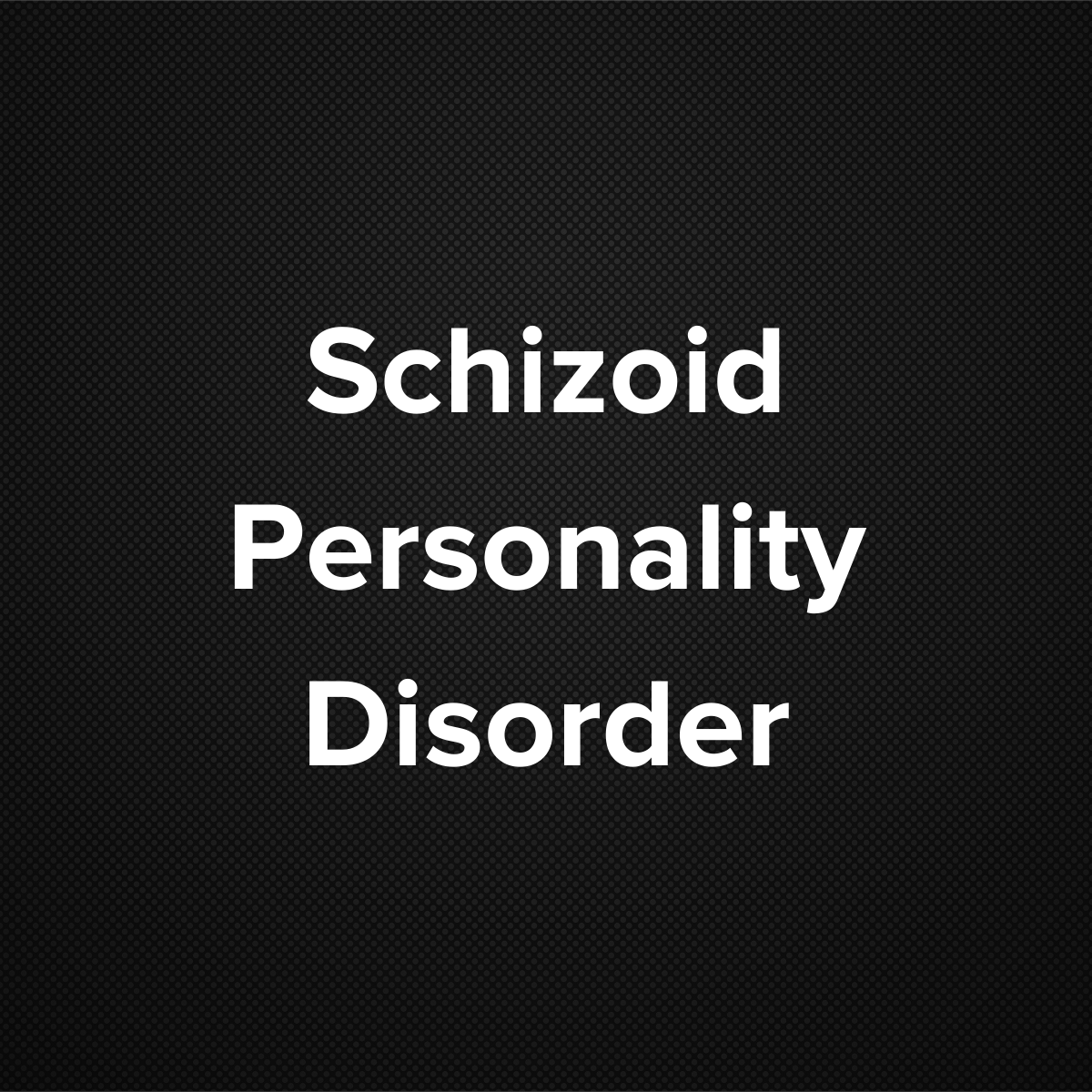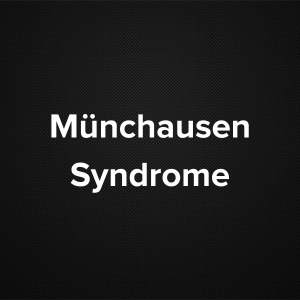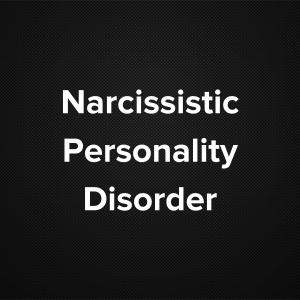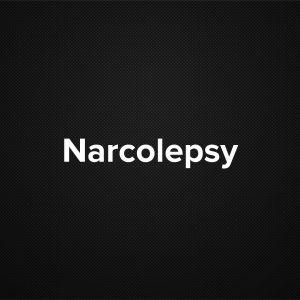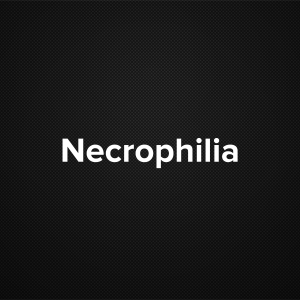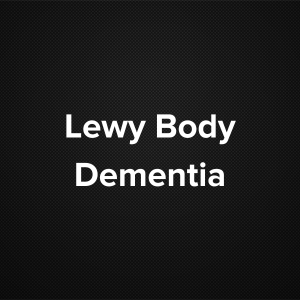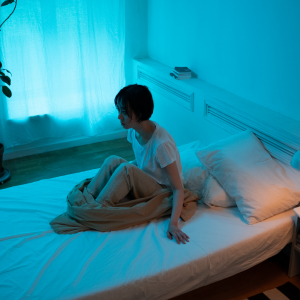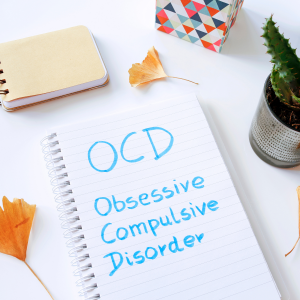Causative & risk factors
As with most mental health conditions, schizoid personality disorder is believed to occur as a result of a combination of genetic and environmental factors. Having a close relative with the same condition increases an individual’s chances of developing it. This condition is also common in individuals whose emotional needs have remained unfulfilled during their childhood. Victims of child abuse and neglect have a higher risk of developing schizoid personality disorder.
Clinical presentation
The symptoms of schizoid personality disorder are usually apparent during childhood or in early adulthood.
Individuals with this condition are loners. They always choose to be alone rather than in a group. They don’t make a lot of friends. They may not follow normal social conventions of interacting with people. They are emotionally detached and they lack the ability to express any emotions.
They are hardly pleased and don’t have a normal libido. They have no desire to form sexual relationships since they do not want to get intimate. These individuals are usually considered as dull or cold. Their performance at school or work may be subpar, especially in those activities that requires the individual to interact with others. However they work well in jobs involving isolation.
Individuals with schizoid personality disorder have a higher risk of developing schizophrenia, schizotypal personality disorder or other delusional disorders.
Investigations
Schizoid personality disorder is diagnosed after thorough assessment of the patient’s symptoms, his personal and family history. A thorough psychiatric evaluation must be done.
Certain criteria have been laid down by the Diagnostic and Statistical Manual of Mental Disorders (DSM); at least 4 of which should be present to make a diagnosis of schizoid personality disorder:
You neither desire nor enjoy close relationships, including being part of a family.
You almost always choose solitary activities.
You have little, if any, interest in sexual experiences with another person.
You take pleasure in few, if any, activities.
You don’t have any close friends or confidants other than first-degree relatives.
You seem not to care about praise or criticism.
You seem emotionally cold, detached or unexpressive.
Treatment
Treatment for schizoid personality disorder consists of a combination of medications and psychotherapy.
Medications may include selective serotonin reuptake inhibitor antipsychotic drugs.
Psychotherapy helps the individual to interact with others more often and form better relationships.
